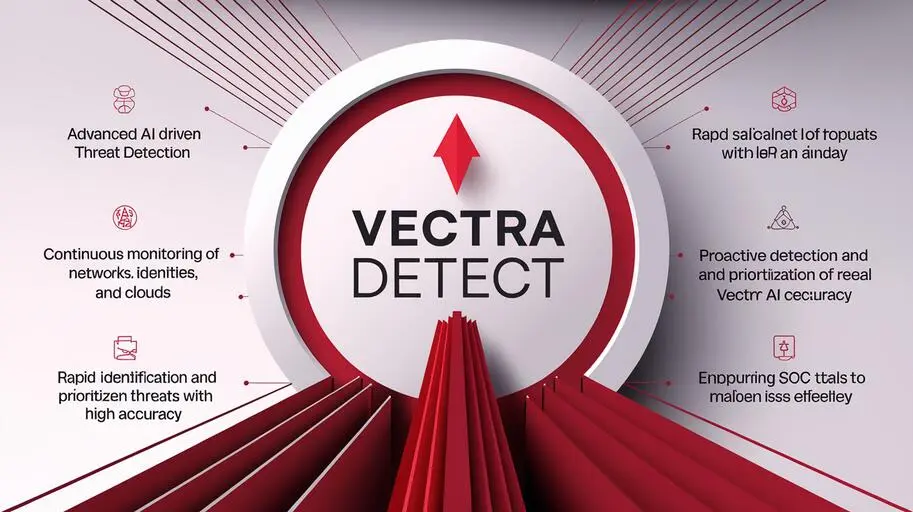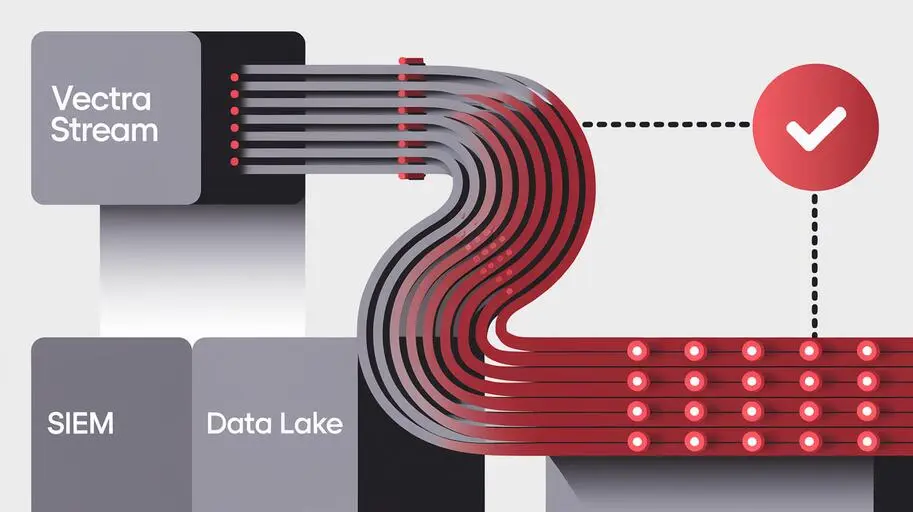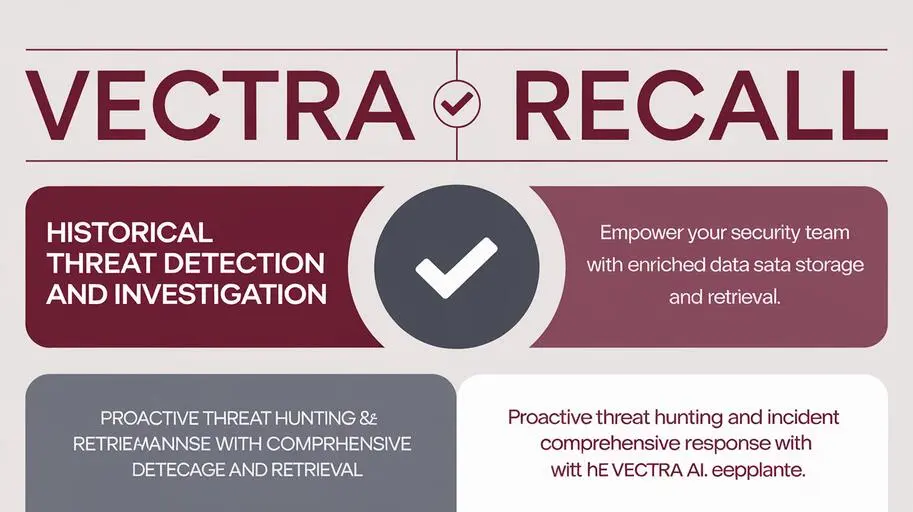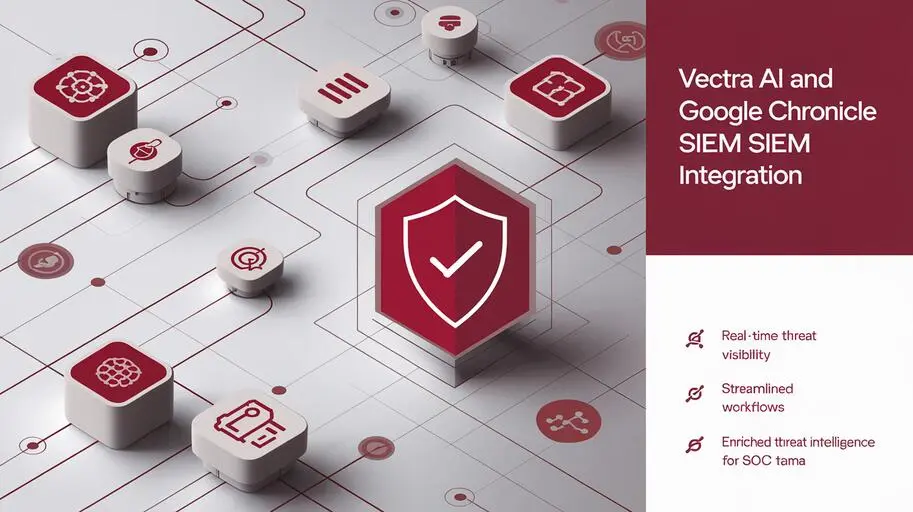
In today’s dynamic cybersecurity landscape, where adversaries are becoming increasingly sophisticated, traditional monitoring methods based solely on IP addresses prove insufficient. Devices constantly change their IP addresses, move between networks, and attackers actively employ obfuscation techniques to avoid detection. This is where Host ID comes in – an innovative monitoring tool from the Vectra AI platform that allows you to track any device on your network, regardless of its IP address.
Even if a device changes its basic characteristics, such as IP address, hostname, or even MAC address (in virtual environments), Host ID will continue to identify it through deep analysis of various data collected by the Vectra AI platform. Simply put, Host ID helps link suspicious network activity to a specific device, no matter how often its network identifiers change. This is critically important for rapid and accurate incident response.
How Host ID works: deep behavioral analysis
The key differentiator of Host ID is that it analyzes the behavior of devices on the network, rather than simply focusing on static IP addresses. This behavioral approach allows security analysts to more easily track devices, even if adversaries try to hide them using techniques such as IP spoofing, frequent DHCP reassignments, or virtual machine rotation.
Even if a device uses different IP addresses, connects to the network from various locations, or becomes active at different times, Host ID recognizes it by its characteristic behavior, which acts as a unique “fingerprint” of that device on the network. This can include:
- Typical protocols and ports the device uses.
- Volumes and patterns of network traffic.
- Frequency and types of interactions with other devices and servers.
- Software and operating system specifics that manifest in network connections.
- Activity times and geographical data, if available.
Thanks to this, even seemingly unrelated activity across different IP addresses or even different devices, which may be part of a single compromised network, can be correlated and analyzed to reveal the true objectives of the adversaries. For example, if an attacker moves between several servers as part of a single attack, Host ID will consolidate all these actions into a single incident, linking them to the same “host” from a behavioral perspective.
Benefits of Host ID for security teams
Implementing Host ID into a security team’s arsenal provides a number of key advantages that significantly enhance the effectiveness of cyber defense:
1. Comprehensive activity overview and hidden threat detection
Host ID provides security teams with a complete overview of network activity, helping to detect adversary actions even if they try to conceal them using sophisticated techniques. This means your security team will always be aware of what’s happening on the network, gaining a clear understanding of:
- Unauthorized lateral movement within the network.
- Attempts at privilege escalation.
- Hidden Command & Control (C2) communication channels.
- Data exfiltration, even if it occurs slowly and in a distributed manner.
According to the Verizon Data Breach Investigations Report (DBIR) 2024, 73% of successful attacks involve lateral movement, making monitoring device behavior, not just IP, critically important.
2. Fast and accurate incident response
In the event of an attack, you can quickly and accurately respond to the specific device carrying it out, rather than to a temporary IP address that may no longer be current. This reduces the time to contain the threat and minimizes potential damage. According to IBM statistics, the average time to contain a data breach is 76 days, and Host ID helps significantly reduce this figure.
3. Proactive tracking and threat prediction
Furthermore, Host ID allows tracking suspicious device activity in the past, present, and future, automatically signaling potential threats. This is achieved through continuous analysis of behavioral patterns and detection of anomalies that may indicate preparation for an attack or an existing compromise. Thus, Host ID helps eliminate the need to “guess” the source of threats and gives security teams full control over the situation, allowing them to shift from reactive to proactive defense.
4. Overcoming dynamic environment challenges
In modern dynamic environments, such as cloud infrastructures (AWS, Azure, Google Cloud), virtualized data centers, and networks with active DHCP usage and IoT devices, IP addresses can change very frequently. Host ID solves the problem of short-lived and changing IP addresses by providing persistent device identification, which is indispensable for effective monitoring and investigations.
Vectra AI – a valuable asset for cybersecurity in Ukraine via NWU
In the current context of constantly escalating cyber threats and the need to ensure a high level of cyber resilience, Vectra AI solutions are strategically important for Ukrainian organizations. The war in Ukraine has significantly increased the level of cyberattacks, making reliable protection a critical necessity.
Vectra AI is a powerful solution that can help organizations defend against the most complex attacks, including those leveraging GenAI capabilities. Thanks to its ability to accurately and quickly detect GenAI-driven attacks, as well as provide comprehensive visibility and ease of use, the Vectra AI platform is a valuable addition to any cybersecurity program.
Vectra AI is a leader in detecting and responding to hybrid cloud threats based on security artificial intelligence. Only Vectra optimizes artificial intelligence to detect adversary methods — TTP (Tactics, Techniques, and Procedures), which are the foundation of all attacks — instead of simply alerting about “anomalies” or “other” events. The resulting highly accurate threat signal and clear context allow cybersecurity teams to quickly respond to threats and prevent attacks from escalating into full-blown breaches. According to MITRE ATT&CK, understanding and detecting TTPs is key to combating advanced persistent threats (APTs).
The Vectra AI platform and services cover public cloud, SaaS applications, identity systems, and network infrastructure, both on-premises and in the cloud. Organizations worldwide rely on the platform and services of Vectra AI to achieve resilience against: ransomware, supply chain compromise, credential theft, and other cyberattacks.
Thanks to NWU, the official distributor of Vectra AI in Ukraine, it is now possible for the domestic IT market to buy NDR (Network Detection and Response) from a global leader. NDR is an integral part of the SOC triad alongside SIEM and EDR, providing a full cycle of threat detection and response. This allows Ukrainian enterprises to significantly enhance their level of cybersecurity and more effectively counter modern threats, which is especially relevant in the context of hybrid warfare.
Equip your organization with continuous device monitoring and effective threat detection. To buy NDR for SOC or request a demo of the Vectra AI solution in Ukraine, contact NWU today!







